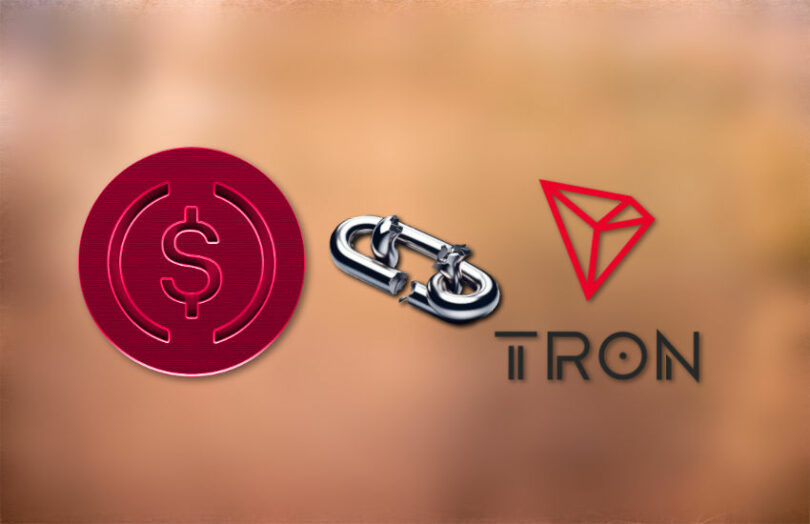Circle, the issuer of the USDC stablecoin, has announced it will no longer mint USDC on the TRON blockchain with immediate effect. However, coins can be redeemed via intermediaries over the next 12 months. Circle’s blog post mentioned compliance, so this is a risk management move. TRON is associated with Justin Sun, who is being sued by the SEC. Circle sold the Poloniex crypto exchange to Sun in 2019.
Last year, Circle said that Mr. Sun and affiliated entities, the TRON Foundation and Huobi Global, do not have Circle accounts. It was rebutting allegations made in a letter to Congressional Representatives from the Campaign for Accountability alleging the use of USDC and TRON in terrorist activities involving Hamas and Hezbollah. The original report on which this allegation was based has been corrected. Of the $93 million mentioned, $160 was USDC.
The balance of USDC on TRON is $311 million, making up just over 1% of the $28 billion USDC market capitalization. In contrast, TRON is the largest platform for the Tether stablecoin. More than $51 billion of Tether is issued on TRON, making up 53% of Tether’s $98 billion market capitalization. According to an analysis by Brevan Howard Digital, TRON accounts for an even larger proportion of Tether payment activity – 61%.
If you exclude Tether activity on TRON, then USDC is almost twice as active. However, TRON and Tether are widely used in Africa where crypto adoption is significant. In the Chainalysis geographic report, Nigeria is the only African country in the top ten. However, for P2P volumes, African countries make up seven of the top ten most active.
Regarding Circle redeeming the TRON USDC coins, retail users can transfer their holdings to exchanges or another blockchain. Circle will redeem coins for intermediaries and direct corporate customers.
While Circle is regulated by the New York Department of Financial Services (NYDFS), it chose not to become a trust. NYDFS-regulated trusts are limited in the blockchains they can use. So far the NYDFS has only authorized issuances on Ethereum and Solana.






